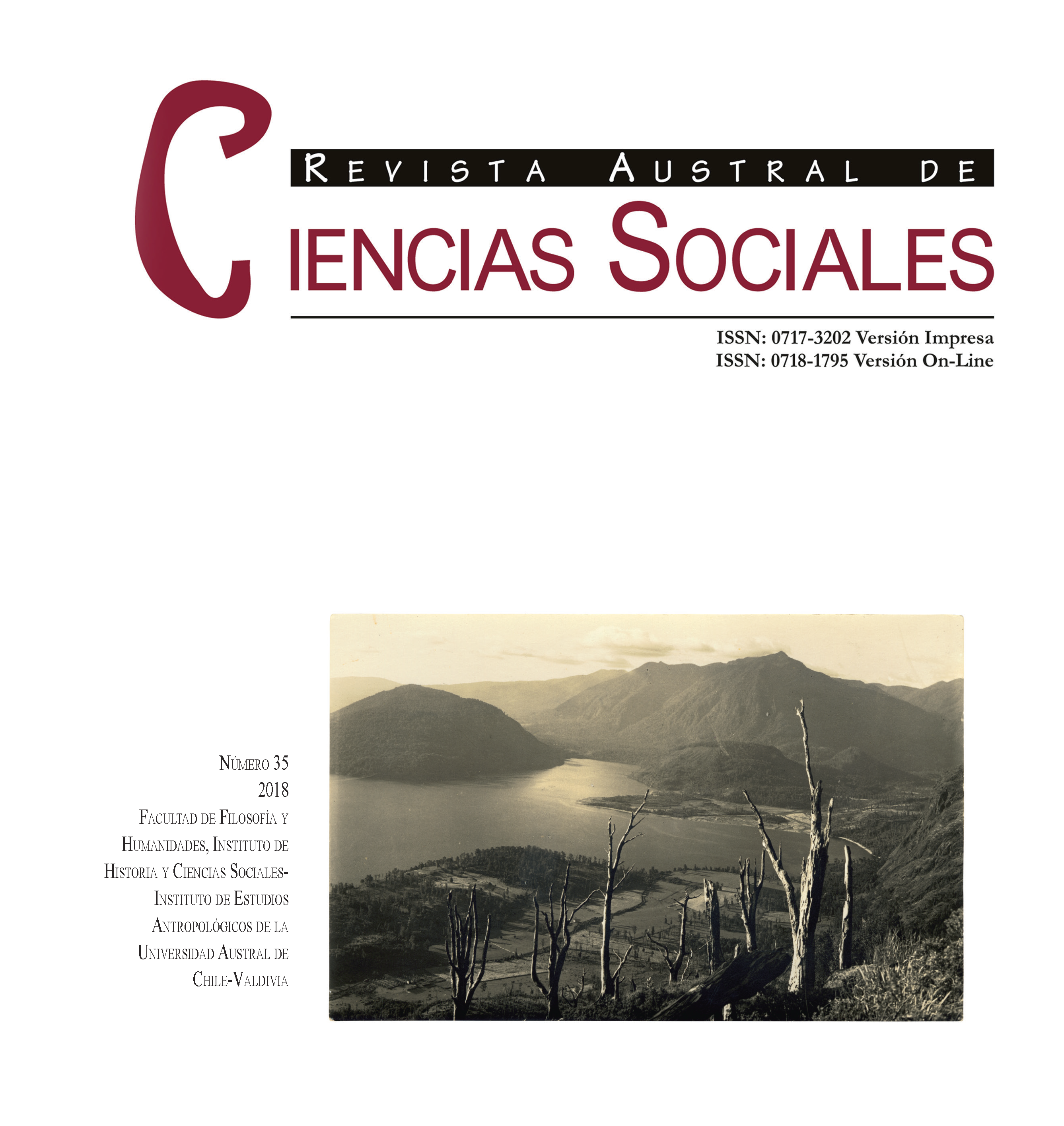Intercultural Management for the conservation of Public Protected Areas: lessons and challenges
Main Article Content
Abstract
The National System of Public Protected Areas (SNASPE), which is administrated by the National Forestry Corporation (CONAF), is one of the most important mechanisms for biodiversity conservation in Chile. Indigenous communities inhabit in and around areas that are part of SNASPE, depending for their subsistence on natural resources from different ecosystems. During the last two decades CONAF has addressed the challenge of moving towards an “institutional management with cultural pertinence”. An account will be given of the progress and gaps on the intercultural management program on Public Protected Areas, through the analysis of four cases. This analysis was developed based on the review of CONAF internal documents and the systematization of the experience of this article's authors, who worked directly in those cases. The article concludes with a reflection on the application of the “interculturalism” concept in Public Administration, in particular with regards to biodiversity conservation.

